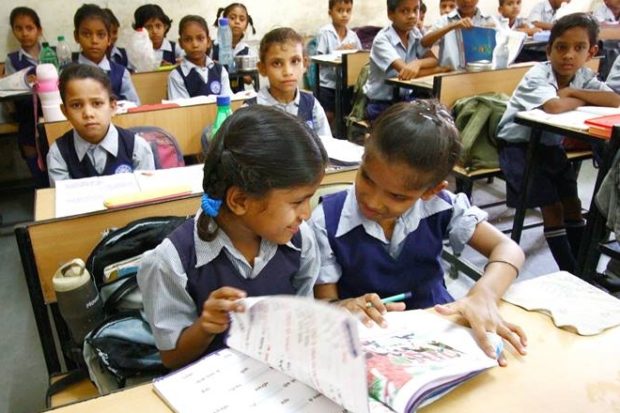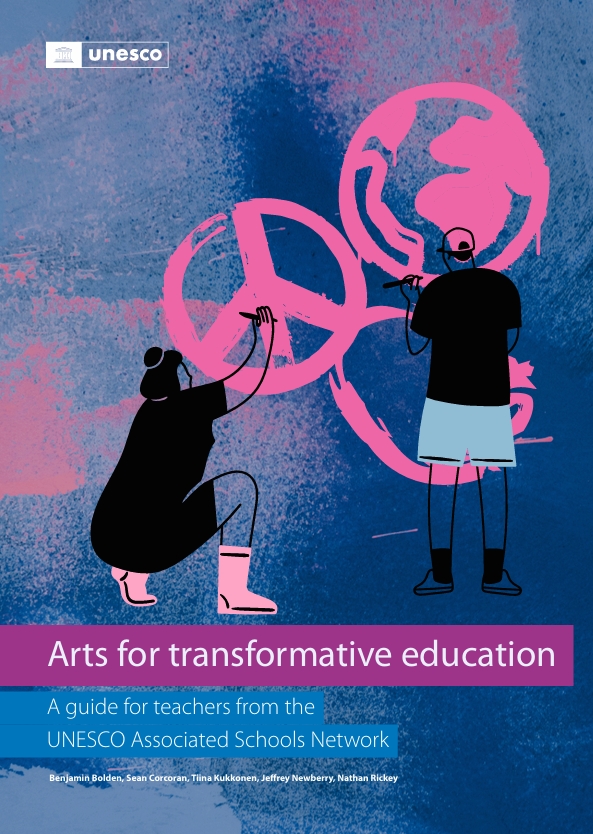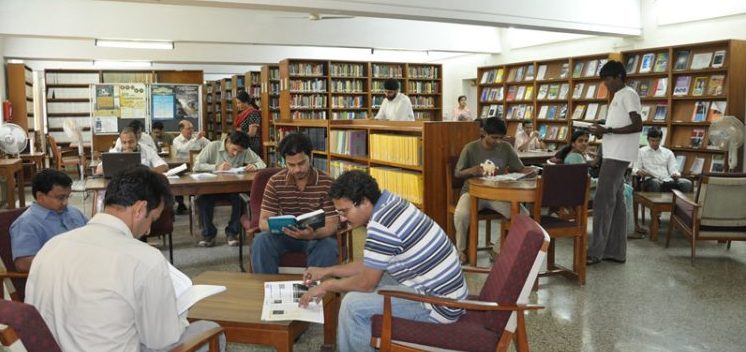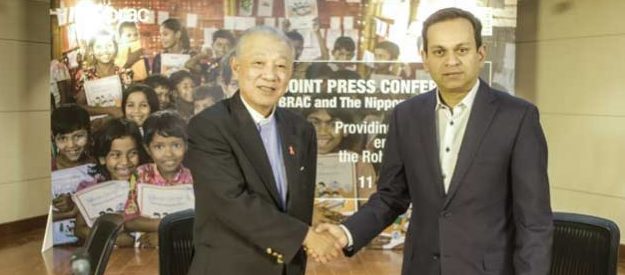February 5, 2018
Minister Jaitley reiterated that improvement in quality of teachers could improve the quality of education in the country. The question is, how a bunch of individuals entering the teaching profession reluctantly only to make a livelihood can be the agents of change?
There were nine paragraphs out of 166 dedicated to education in Budget FY19. Finance minister Arun Jaitley’s Budget speech began with “My government’s goal is to assist and provide an opportunity to every Indian to realise her full potential capable of achieving her economic and social dreams.” This is in continuance with his last Budget speech that focused on youth as a major talking point. The emphasis in Budget speech is on the most predictable aspects of education—improving quality of education, district-wise strategy to improve learning outcomes, teacher training, and transition to digitisation. For the school-going children, quality education lies in preparing them to be creative, to develop people skills, take the risk, and to pursue lifelong self-improvement. Only then can they realise their economic and social dreams.
These goals can be driven only by a dedicated and committed team of teachers. India deserves a long pipeline of teachers voluntarily entering the profession as their first career option. Minister Jaitley reiterated that improvement in quality of teachers could improve the quality of education in the country. The question is, how a bunch of individuals entering the teaching profession reluctantly only to make a livelihood can be the agents of change? The answer may not fall within the purview of the Union Budget, but the country has to reflect on it. A district-wise strategy to improve learning outcomes will rest on shedding certain assumptions. We have believed far too long that everyone learns in the same way. There is nothing like smart kids and dumb kids, as we tend to believe. Children are not deficient, and schools are not mandated to fix them. The integrated BEd programme that the finance minister envisages must account for these insights stated above. The pathetic record of teacher training institutes does not offer much hope.
Operation Blackboard, a catchy slogan of the 1980s emanating out of the National Education Policy 1986, remains unrealised. The transition to “digital board” is not going to be easy either. Again, the teachers must gain knowledge and practice technologies. Their ability to connect emotionally with the students and to find learning style and unique gifts of students will be an efficient equaliser.
A prerequisite to effective use of technology is to teach the concepts, and not facts. Using thinking and creative tools, rewarding curiosity, encouraging teamwork and making reflection integral to pedagogy are the stepping stones to building our classrooms creative and digital. The National Achievement Survey (NAS) which the finance minister alluded to reveals that learning levels of class five students, barring languages, could not even touch the halfway mark. More insights will emerge once the NCERT releases the analysis of state and national level data. Amitabh Kant, the CEO of NITI Aayog, has termed the Budget as transformational insofar as its focus on health and education is concerned. Indeed, the intent is pious, but not allocating enough on school education does not carry any conviction. An increase, in the Budget, of less than 10% over the last year still counts less than 4% of the GDP. Lower allocation implies that the speed of expansion, inclusion and quality, mainly benefiting the disadvantaged and marginalised, will be impeded. The announcement of Eklavya Vidyalayas—an extension of the Navodaya in the areas populated by 50% STs and at least 20,000 tribals—is a welcome one in broadening the access to education.
Education underpins the prosperity and is a vehicle for the fulfilment of economic and social aspirations. The highway to a dignified life, decent work, lifelong learning, and creation of a sizeable human capital cannot be illuminated without education. The Union Budget will have to wait yet another year to acknowledge that realisation of Sustainable Development Goals will depend on adequate funding, people’s participation, technology infusion and a political commitment.






